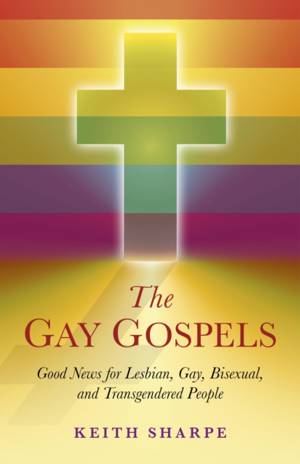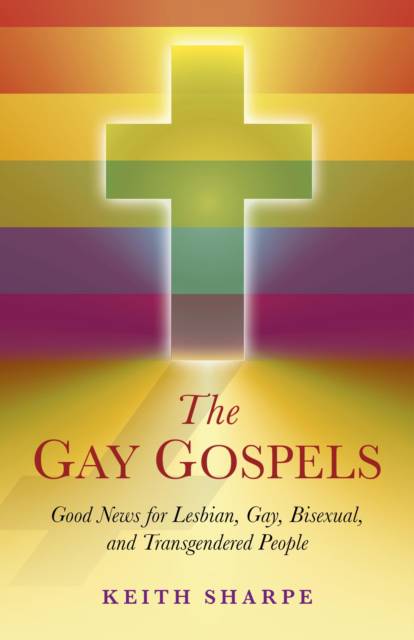
Je cadeautjes zeker op tijd in huis hebben voor de feestdagen? Kom langs in onze winkels en vind het perfecte geschenk!
- Afhalen na 1 uur in een winkel met voorraad
- Gratis thuislevering in België vanaf € 30
- Ruim aanbod met 7 miljoen producten
Je cadeautjes zeker op tijd in huis hebben voor de feestdagen? Kom langs in onze winkels en vind het perfecte geschenk!
- Afhalen na 1 uur in een winkel met voorraad
- Gratis thuislevering in België vanaf € 30
- Ruim aanbod met 7 miljoen producten
Zoeken
The Gay Gospels
Good News for Lesbian, Gay, Bisexual, and Transgendered People
Sharpe
Paperback | Engels
€ 14,95
+ 29 punten
Omschrijving
The place of lesbian, gay, bisexual and transgendered people in the Christian churches is a highly controversial issue. The stance of all the mainline churches is that homosexuality is sinful and incompatible with Christianity. In seeking to respond to attacks on their lives, identities and relationships LGBT Christians have moved over recent decades from a defensive position to a more affirmative position which asserts that there is evidence in the Bible and the Jesus tradition of validated homoerotic experience. This book presents a systematic overview of both the defensive and affirmative positions. In part one, The Defensive Testament, each of the so-called 'biblical texts of terror' used to demonise LGBT people is considered in turn and found wanting. None of them has anything to say about consensual same sex love. In part two, The Affirmative Testament, homoerotic elements in various Bible stories including the healing of the centurion's servant, Jesus and the beloved disciple, David and Jonathan, Ruth and Naomi are revealed to make visible the place of LGBT lives in the Biblical tradition. Taken together, these two testaments forcefully champion the equality of LGBT people in the Kingdom of God and represent a formidable challenge to ecclesiastical homophobia.
Specificaties
Betrokkenen
- Auteur(s):
- Uitgeverij:
Inhoud
- Aantal bladzijden:
- 160
- Taal:
- Engels
Eigenschappen
- Productcode (EAN):
- 9781846945489
- Verschijningsdatum:
- 16/10/2011
- Uitvoering:
- Paperback
- Formaat:
- Trade paperback (VS)
- Afmetingen:
- 141 mm x 216 mm
- Gewicht:
- 272 g

Alleen bij Standaard Boekhandel
+ 29 punten op je klantenkaart van Standaard Boekhandel
Beoordelingen
We publiceren alleen reviews die voldoen aan de voorwaarden voor reviews. Bekijk onze voorwaarden voor reviews.









